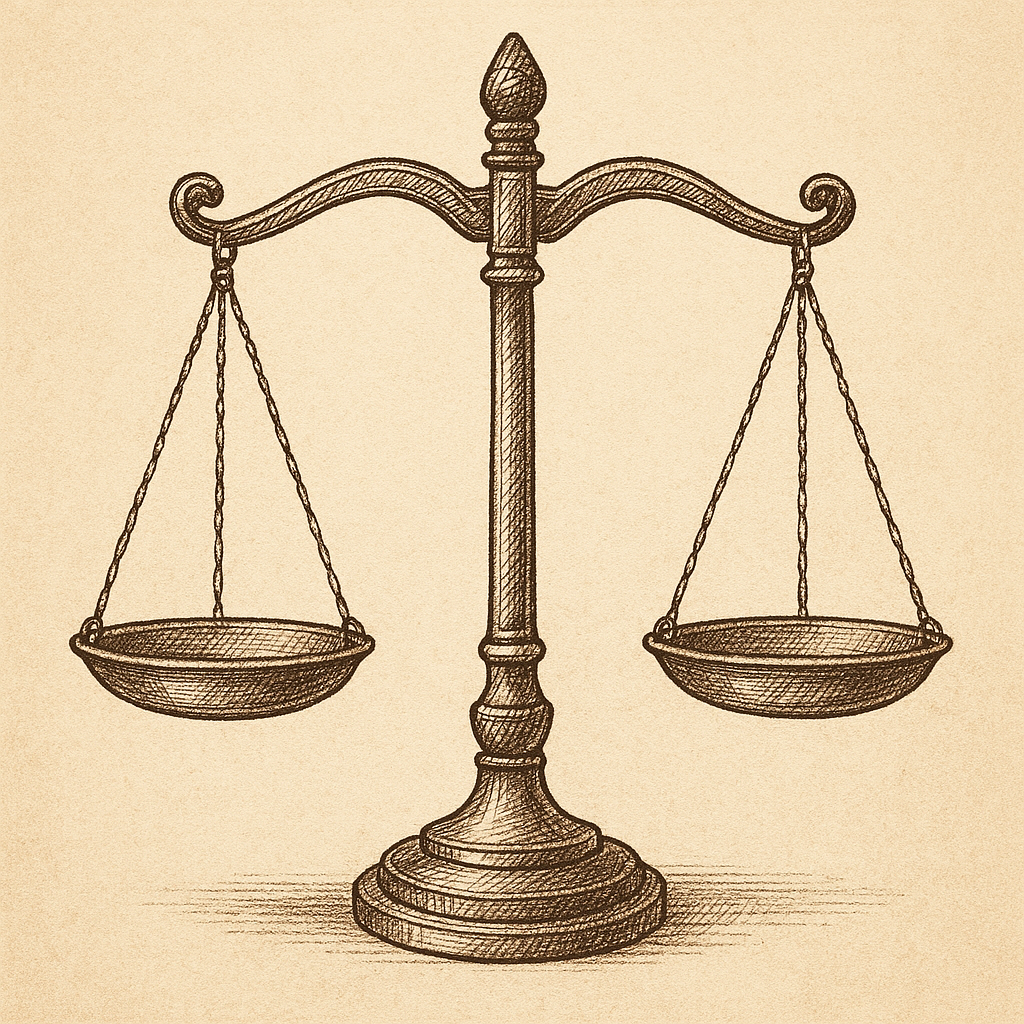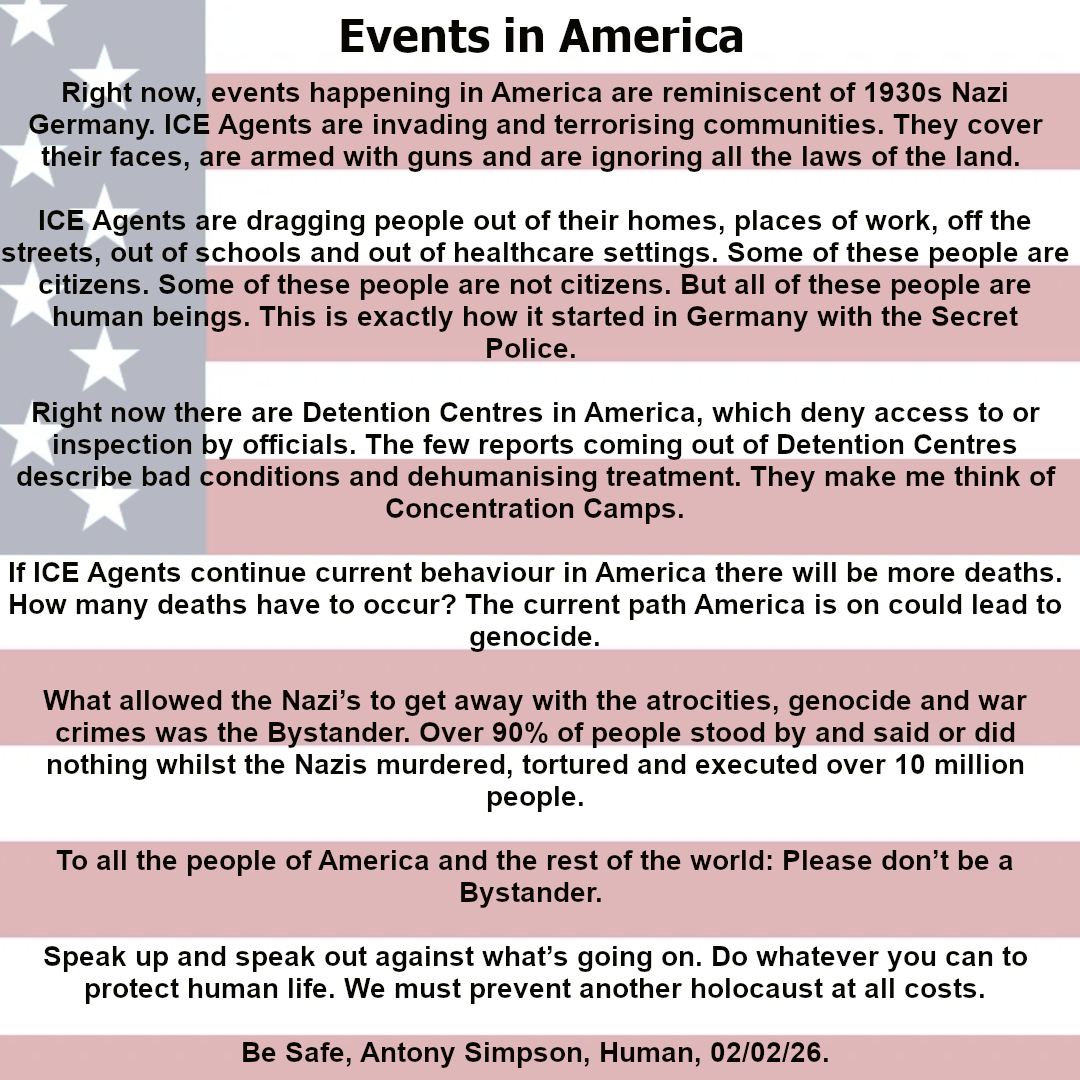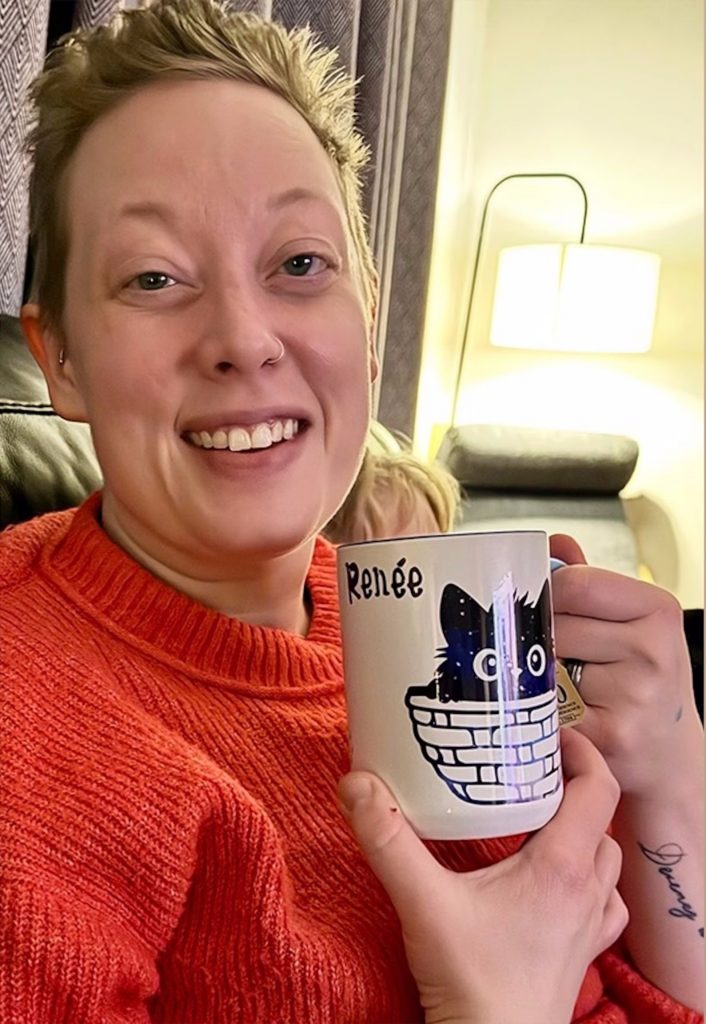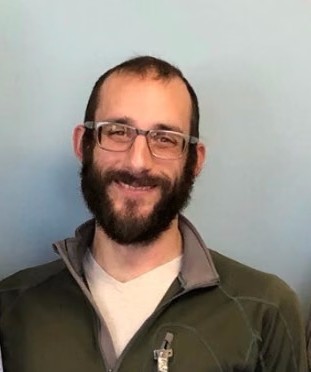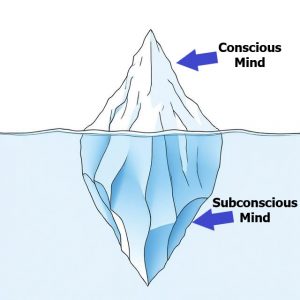Lucy Letby was a Neonatal Nurse at Countess of Chester Hospital, an NHS run hospital in Cheshire, UK.
Letby was accused of and convicted of 7 counts of murder and 8 counts of attempted murder of neonatal infants whilst working on the Neonatal Unit at the hospital. Letby was sentenced to life in prison without the possibility of parole.
Many years ago, as a Student Nurse, I completed a placement on a Neonatal Unit. With this limited experience I couldn’t understand how practically Letby would be able to do what they were suggesting she did. A Neonatal Unit is a very busy place: Lots of Nurses, Doctors, Health Care Assistants, Other Healthcare Professionals, Parents, etc. There are always other people around.
I was never alone with any neonate for more than 2 minutes. Even if I were, I could be seen by other staff through windows at all times. Some of what Letby is accused of would require longer than 2 minutes to execute, so it just didn’t make sense to me.
I had a gut feeling that in the case of Letby, that something wasn’t right. As more details of Letby’s crimes were reported in the media, this only added to my doubts are her guilt.
So I decided to learn all I could. What I discovered is truly shocking. Here is what I learned:
1. Nobody ever saw Letby harm any neonate.
2. Nobody has given any possible motives as to why Letby would want to harm or murder neonates. The Police don’t even explore possible motives, in fact, they actively avoid discussing this in the documentaries I’ve seen.
3. Staff at the hospital became alarmed after a spike in neonatal deaths on the unit.
However the unit has a number of problems including:
- A lack of suitably qualified and experienced staff – it is reported that Letby was one of only two full time qualified Neonatal Nurses on the unit. Remember this is for a unit that operates 24/7/365.
- The unit was admitting neonates that were much more complex than staff could care for safely and effectively.
- Team working on the unit was poor. This included poor communication and a poor level of trust between the professions.
- Consultant Ward Rounds only took place twice a week, rather than twice a day as is standard practice on other neonatal units. Consultants were unavailable out of hours and Nurses reported that it was often to difficult to find a doctor when one was required.
- Taps were contaminated. Sewage came up from drains in the sinks. This led to outbreaks of serious and potentially life threatening infections.
Despite all of the above, Cheshire Police did not explore or examine what was happening on the neonatal unit as part of their investigation.
3. Dr Stephen Brearey, Dr John Gibbs, Dr Ravi Jayaram and another doctor (not named publicly for legal reasons apparently) suggested to Cheshire Police that Letby could be harming/murdering neonates, without any evidence.
Their main reason for suspecting Letby was that she always seemed to be around when incidents happened. This was unsurprising when you consider the staffing levels of the unit, that she was one of the most qualified and experienced Neonatal Nurses and was available to pick up additional shifts due to having no other responsibilities outside of work (apart from caring for her cat).
4. Cheshire Police launched their investigation but needed an expert medical review of suspicious cases to establish if neonates had been intentionally harmed/murdered or if there could be other causes for harm or death.
Around this time, Dr Dewi Evans, a retired Paediatrician approached the Police offering to provide his medical experience and expert opinions in exchange for being paid. It is reported that in less than 10 minutes of reviewing the first case he declared that harm/death had been intentional.
It is also reported that Dr Dewi Evans told the Police that he had “never lost a case.” This suggests that he wanted to find intentional harm/murders, rather than providing a balanced and evidence-based medical opinion.
Dr Dewi Evans went on to review all suspicious cases and classify them, without ever giving a rationale for why some cases were put in his ‘intentional harm/death’ category and others in ‘harm/death by other causes.’ His expert testimony in court likely led to Letby’s conviction.
However Dr Dewi Evans was a Paediatrician and not a Neonatologist. In one case he quoted a research paper by Dr Shoo Lee (a recently retired Neonatologist from Canada). The research paper was from over 30 years ago. Dr Dewi Evans drew the completely wrong conclusion from the research paper and cited it as evidence of intentional harm towards one of the neonatal cases he reviewed.
Dr Shoo Lee heard about Letby’s case and how his research had been used after Letby’s trial and conviction.
Dr Shoo Lee was concerned about the misuse of his research paper and concerned that this evidence might have been used to wrongly convict Letby. He assembled a panel of 14 internationally respected Neonatologists. They worked in pairs, reviewing the case notes for each suspicious case of neonatal harm/death.
If the pair of Neonatologists didn’t agree on the cause or contributing factors of harm/death in a case, a third Neonatologist would be brought in to review the case to aid in discussion and reaching an agreement.
Dr Shoo Lee and the other 14 Neonatologists did this at their own expense produced a comprehensive report. Dr Shoo Lee and the team of 14 Neonatologist found that in all cases, there was no evidence of intentional harm or murder.
5. Police appeared to assume Letby was guilty, without the evidence to support this assumption. In interview footage released, Police Officers repeatedly asked Letby to provide them with an alternative explanation for harm/death caused to neonates if she didn’t do it. In the UK it is the Police Officer’s responsibility to prove guilt, beyond reasonable doubt, not for someone accused of a crime to have to prove their innocence.
6. Police Officers reported that Letby was “very compliant,” but have also made comments that on occasions Letby said “no comment” and this increased their conviction that she was guilty. In court it was suggested that Letby repeatedly said “no comment” when questioned, which could be an indicator of guilt.
However, according to people who’ve read the transcripts of Letby’s interviews the amount of times that Letby said “no comment” in interviews was greatly exaggerated by both Police Officers and the Crown Prosecution Service in court.
It should be noted her that Letby is entitled to say “no comment,” may have been advised to do so by legal counsel. It appears that Police Officers jumped to an assumption that Letby was guilty and did not consider other possibilities. Police Officers are supposed to keep an open mind and discover the truth.
7. Police Officers appeared to assume Letby must be guilty because she couldn’t remember details of neonatal cases from years ago. Police Officers were suspicious and appeared to assume Letby must be guilty because she couldn’t remember requested details of neonatal cases from years ago.
As a Registered Nurse I couldn’t provide details of cases I worked on a few year ago. This is due to the number of patients I’ve seen since and the general passage of time.
Being unable to remember specific details of cases, without access to clinical notes, is not an indicator of guilt, but an indicator of being human.
8. Evidence against Letby was manipulated so that it was factually incorrect when presented at trial. This included:
- Showing a duty chart evidencing that Letby was always on shift when all the incidents happened. This chart deliberately excluded incidents where Letby wasn’t on shift. This manipulated duty chart was visually powerful. However, if the incidents where Letby wasn’t on shift had been included, it wouldn’t have shown any pattern what so ever.
- Use of swipe card data to access the unit was used. Even though everyone on the unit was aware of the code to the backdoor, which allowed entry without swiping an ID card.
- In a search of Letby’s home on one occasion Police found notes Letby had written. The Crown Prosecution Service pointed to specific comments Letby wrote such as “I did it.” “I wasn’t good enough.” and “I’m evil.” The Crown Prosecution Service stated that these comments were a confession. Yet they failed to mention other comments Letby wrote such as “I’m innocent.” and “I’ve done nothing wrong.” The Crown Prosecution Service failed to mention that Letby was mentally ill due to the stress of being under investigation in court. Or that Letby had also been advised to write down any and all thoughts by a Counsellor provided by the hospital’s Occupational Health Department.
9. Letby’s defence team didn’t present any Expert Medical Witnesses to challenge Dr Dewi Evans’ testimony or suggest an alternative narrative. Nobody really knows why Letby’s defence team didn’t do this. But there are reports from people that were in court of utter shock and disbelief that they didn’t present any expert medical witnesses. One of the most compelling arguments of Letby’s guilt was the medical evidence provided by Dr Dewi Evans.
10. Voices that felt Letby was being wrongly accused and that she was innocent were silenced. It is reported that some Nursing colleagues and even her Unit Manager felt that Letby was being wrongly accused, yet they were silenced by the hospital trust. These were some of the people who worked closely with Letby and their voices should have been heard.
Miscarriage of Justice? My Thoughts:
After careful consideration of all the above, I am convinced that Letby’s convictions are a miscarriage of justice. I suspect that in time, all will come to think this. But what will have been the impact of this miscarriage of justice?
Letby has already lost everything: Her freedom, her vocation, her privacy, her ability to ever lead a normal life.
But the impact is much bigger than that. People will trust institutions like the Police, the Crown Prosecution Service, the Courts and the NHS significantly less. There will be a number of public inquires to try to understand what happened in Letby’s case, to learn from it, so it doesn’t happen again. But the damage will have been done.
Trust once gone, is very difficult for institutions to regain. It may take several generations for people to forget the abuse of power and serious errors in judgement in the Letby case. But for this to happen, it relies on institutions not abusing their power in the future.
The impact of the Letby case could be used positively. Some ideas for this include:
- To improve standards in neonatal and maternity care in the NHS. I think the conversation around this has already started to happen as a result of this case.
- Used to re-examine the role of leaders within public institutions. We should consider how they are accountable for their organisations, what values they should have and what culture they should foster.
- Cause reflection and discussion around every aspect of the criminal justice system. What its purpose? How it should operate? Etc.
- Used to reconsider the appeals process for convictions.
- Used as an example of how institutions and professionals within them shouldn’t operate.
- Used to develop critical thinking within all public institutions.
Write soon,
Antony


